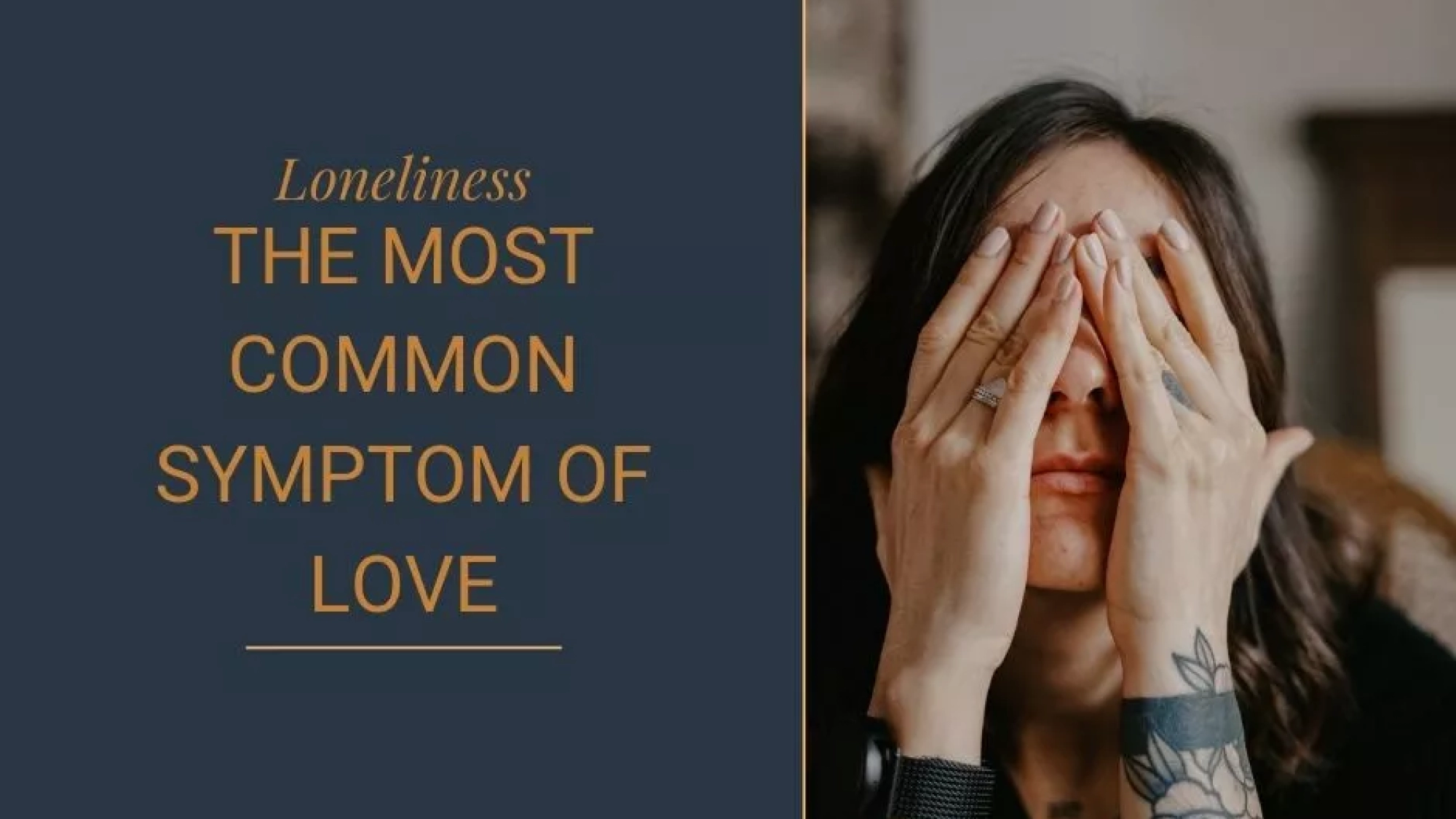Palm Beach Therapy Center – Boca Raton, FL
Love, often portrayed as the pinnacle of human connection and fulfillment, is paradoxically intertwined with feelings of loneliness. Despite being surrounded by loved ones or engaged in meaningful relationships, individuals can still experience a profound sense of isolation and emptiness. Loneliness, far from being a reflection of the absence of love, is instead a natural byproduct of the human condition—a symptom of our innate longing for connection, understanding, and intimacy.
The Paradox of Loneliness in Love
In a world filled with social media connections, virtual interactions, and constant communication, it’s easy to assume that loneliness is a problem reserved for the socially isolated or romantically unattached. However, loneliness can permeate even the most seemingly idyllic relationships, manifesting as a silent ache in the hearts of individuals yearning for deeper connection and belonging.
The paradox of loneliness in love lies in the discrepancy between external appearances and internal experiences. On the surface, couples may appear happy, fulfilled, and deeply connected, but beneath the surface lies a complex tapestry of emotions—fear, insecurity, vulnerability, and longing. Despite being in close proximity to their partners, individuals may still feel emotionally distant, misunderstood, or unseen, leading to feelings of loneliness and disconnection.
Understanding the Roots of Loneliness in Love
Loneliness in love is often rooted in a variety of factors, including:
- Unmet Expectations: Unrealistic expectations about love and relationships, perpetuated by societal norms, romanticized ideals, and cultural narratives, can set the stage for disappointment and disillusionment. When reality fails to align with these idealized fantasies, individuals may feel lonely and disillusioned, longing for a deeper connection that remains elusive.
- Communication Breakdowns: Poor communication and lack of emotional intimacy can create barriers to genuine connection and understanding in relationships. When partners struggle to express their needs, fears, and vulnerabilities openly and honestly, emotional distance and loneliness can ensue, eroding the foundation of the relationship.
- Fear of Vulnerability: Fear of vulnerability and rejection can prevent individuals from fully opening up and expressing their true selves in relationships. Walls erected to protect against hurt and disappointment inadvertently isolate individuals from their partners, perpetuating feelings of loneliness and emotional isolation.
- Changing Dynamics: Life transitions, such as parenthood, career changes, or relocation, can disrupt established relationship dynamics and routines, leading to feelings of disconnection and loneliness. Couples may struggle to navigate these changes together, feeling adrift in a sea of uncertainty and change.
- Unresolved Trauma: Past experiences of abandonment, rejection, or betrayal can leave emotional scars that impact future relationships. Individuals may carry unresolved trauma into their relationships, guarding their hearts against potential hurt and rejection, but inadvertently isolating themselves from genuine connection and intimacy.
Combatting Loneliness in Love:
While loneliness in love may seem insurmountable, it is not an inevitable consequence of being in a relationship. By acknowledging and addressing the root causes of loneliness, individuals can cultivate deeper connection, understanding, and intimacy in their relationships. Here are some strategies for combatting loneliness in love:
- Open and Honest Communication: Foster open and honest communication with your partner, creating a safe space for sharing thoughts, feelings, and vulnerabilities. Practice active listening, empathy, and validation, allowing each other to feel seen, heard, and understood.
- Embrace Vulnerability: Embrace vulnerability as a pathway to intimacy and connection in your relationship. Allow yourself to be seen and known fully, without fear of judgment or rejection. Share your hopes, fears, and dreams openly with your partner, fostering a deeper sense of emotional intimacy and closeness.
- Cultivate Quality Time: Prioritize quality time with your partner, free from distractions and external pressures. Engage in activities that promote connection and bonding, such as meaningful conversations, shared hobbies, or physical affection.
- Set Realistic Expectations: Challenge unrealistic expectations about love and relationships, recognizing that no relationship is perfect. Accept your partner’s flaws and imperfections, and embrace the messy, imperfect beauty of real-life connection.
- Seek Support: Seek support from trusted friends, family members, or a therapist if you’re struggling with feelings of loneliness in your relationship. A therapist can provide guidance, insight, and practical tools for navigating relationship challenges and fostering deeper connection with your partner.
Loneliness is not a sign of love’s absence but rather a symptom of our innate longing for connection, understanding, and intimacy. By understanding the roots of loneliness in love, acknowledging its presence, and actively working to cultivate deeper connection and intimacy in our relationships, we can transcend feelings of isolation and embrace the transformative power of genuine connection and love. If you are experiencing the weight of loneliness in your relationship please do not hesitate to contact us.



